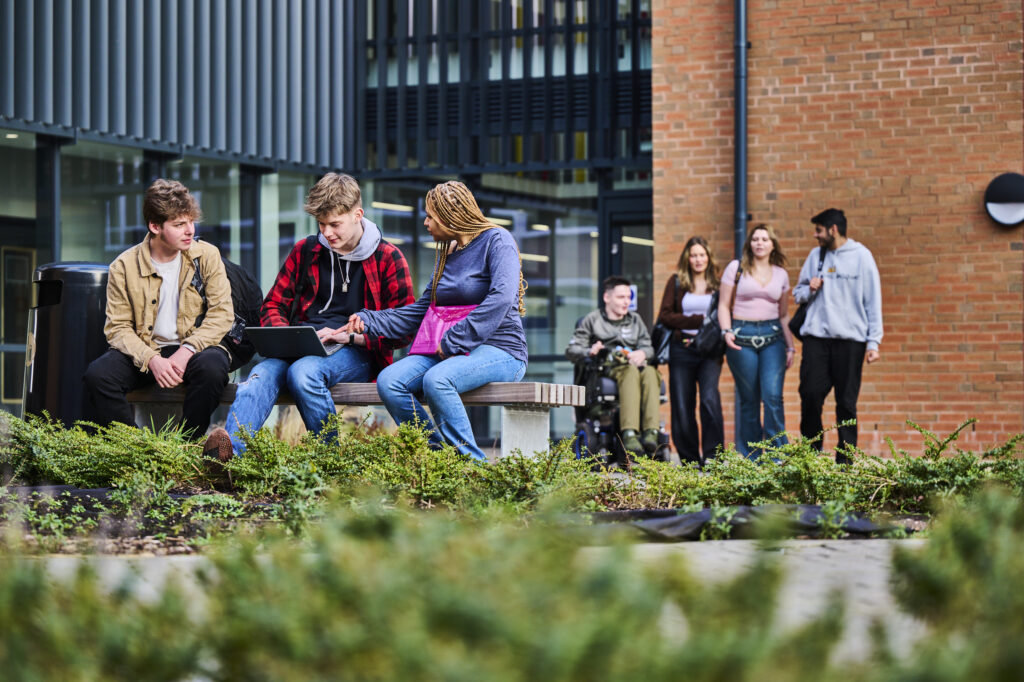Has Earth Day inspired you to take action to protect our planet?
Does saving the environment and sustainability mean more to you than anything else?
Do you stand in solidarity with climate change campaigner Greta Thunberg?
Knowledge is key to making an impact and helping to solve some of the world’s most pressing issues.
So why not consider Environmental Science and Geography for your A Level choices at Cadbury Sixth Form College?
Environmental Science is a holistic subject with many interconnected systems and processes. A change in one area can affect many other processes over different spatial and temporal scales.
You’ll develop an understanding of how human society relies upon natural systems for resources and as a life support system. You’ll also consider how changes in society can produce sustainable lifestyles.
Conditions for life on earth and the conservation of biodiversity will be some of the topics you’ll cover as part of the living environment.
The atmosphere, the hydrosphere, mineral resources, biogeochemical cycles and soils are all part of the physical environment unit.
Energy resources, the sustainability of their current exploitation, strategies to secure future energy supplies and to control pollutants – it’s all there for you to learn along with biological resources like agriculture, aquatic food production systems and forest resources, plus sustainability and research methods.
What else should you know?
- Potential careers are many and varied, and include:
Environmental consultant
Environmental engineer
Environmental manager
Marine biologist
Nature conservation officer
Recycling officer
Sustainability consultant
Waste management officer
Water quality scientist
Landscape architect
Town planner
Toxicologist
Transport planner - Four days of fieldwork will get you out into the open
- Our minimum entry requirements for this A Level are that you have five GCSEs at grade 4 and above. These five should include Maths, English, another essay based subject, and Double Science. At least two of the five should be at grade 6.
Geography is an eye-opening study of the world, giving you an appreciation of everything from rainforests to volcanoes and humans’ place within it.
Physical Geography tells you everything you need to know about dynamic landscapes, so earthquakes, volcanoes, coasts, energy, floods, drought, climate change and hurricanes.
Human Geography covers dynamic places, so globalisation, regeneration, sustainability, water insecurity and energy security.
We also look at Superpowers in USA, North Korea, Russia, China and India, as well as migration and its impact.
What else should you know?
- Studying Geography can lead to employment opportunities across a wide range of sectors including business management, marketing, journalism, advertising, architecture, environmental conservation, research, town planning, government, the media and many more. For example, you can choose to specialise and opt for a science degree for a career in environmental management, or an arts degree for a career in planning.
- You’ll do your own independent Investigation, researching a geographical topic of your choice. This coursework makes up 20% of your final grade.
- Our minimum entry requirements for this A Level are that you have five GCSEs at grade 4 and above. At least two of these five should be at grade 6, and Maths and English should be at grade 5. It’s recommended that you have a grade 6 GCSE in Geography.















